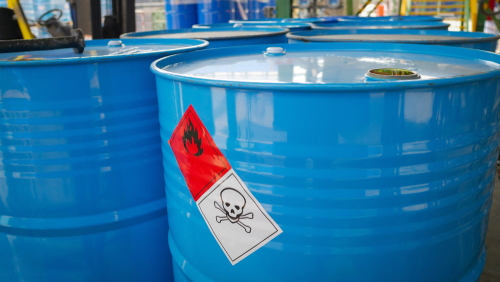
Drawing from 81 separate grants, the U.S. Department of Transportation’s Pipeline and Hazardous Materials Safety Administration (PHMSA) announced last week that it will award $32.4 million to states, territories, and tribes for hazardous materials safety programs.
Despite a large number of grants, they will be funneled into just six programs to support first responders and strengthen local response efforts. These awards include:
- $24.2 million to assist development, implementation, and improvement of emergency plans for local and tribal communities and first responder hazardous materials training;
- $3.8 million in Hazardous Materials Instructor Training grants to support the training of instructors to, in turn, train hazardous materials employees;
- $1.7 million in Supplemental Public Sector Training grants to support non-profit organizations that train hazardous materials instructors to conduct first responder training;
- $1.2 million in Assistance for Local Emergency Response Training grants to expand training of volunteer or remote emergency responders for incidents involving hazardous materials shipments by rail;
- $1 million in Community Safety grants to support community response to hazardous materials emergencies and the training of state and local enforcement personnel responsible for such materials’ safe transport; and
- $414,000 in Hazardous Materials State Inspection grants to cover costs for state-run hazardous materials shipper inspections, from personnel costs to travel, equipment, supply, and training expenses.
“First responders are at the forefront of community and environmental safety,” PHMSA Deputy Administrator Tristan Brown said. “These grants will provide local emergency responders with the necessary training and resources they need to respond to hazardous materials transportation incidents.”
The more than $32 million provided this year represented a 12.5 percent increase in total grant funding over the $28.7 million provided last year. PHMSA added that its goals for funding this year were to guarantee that underserved communities are also prepared and trained to respond to hazardous materials transportation emergencies.




